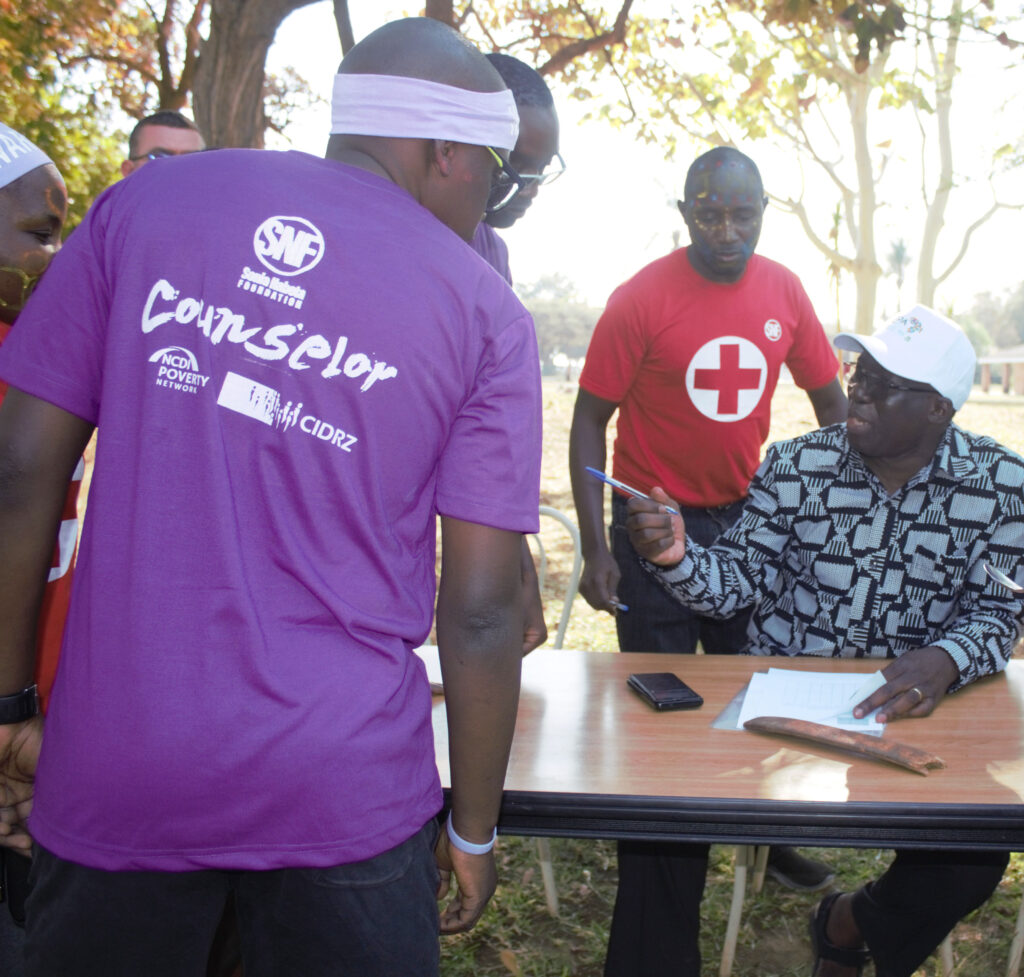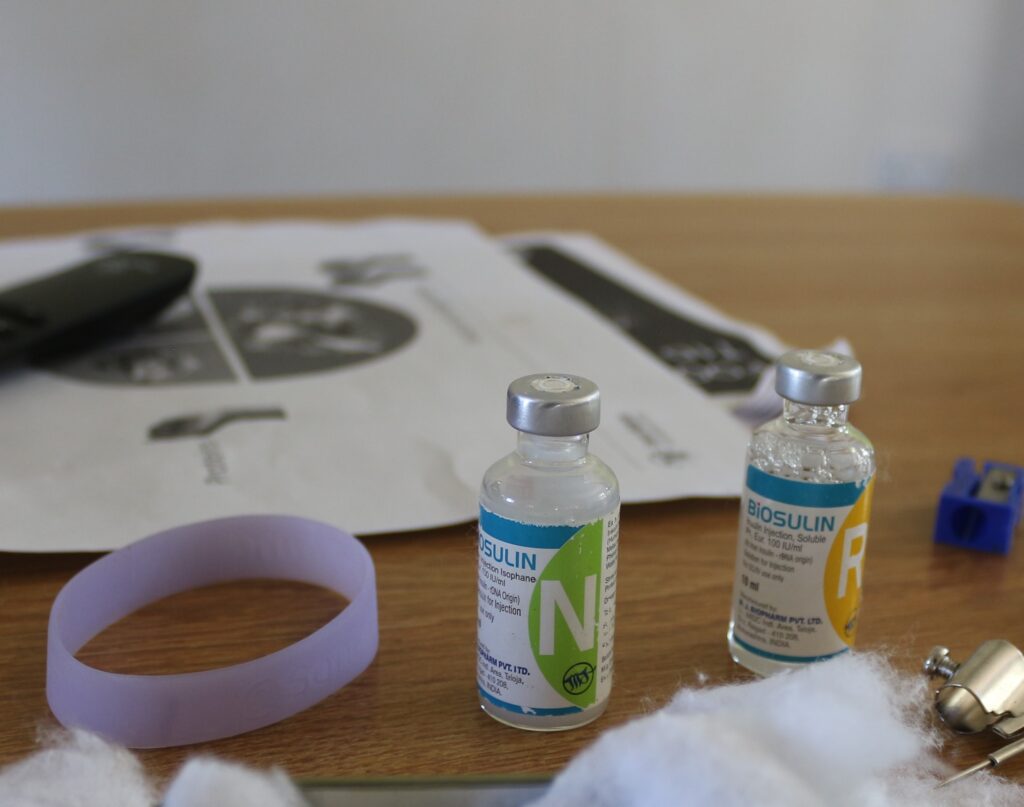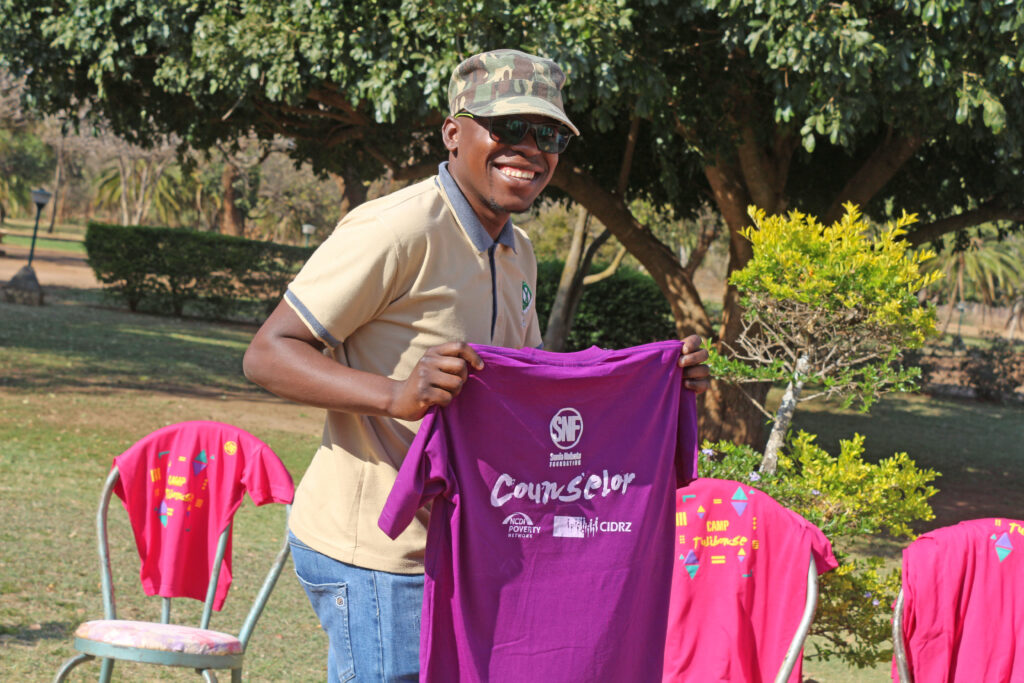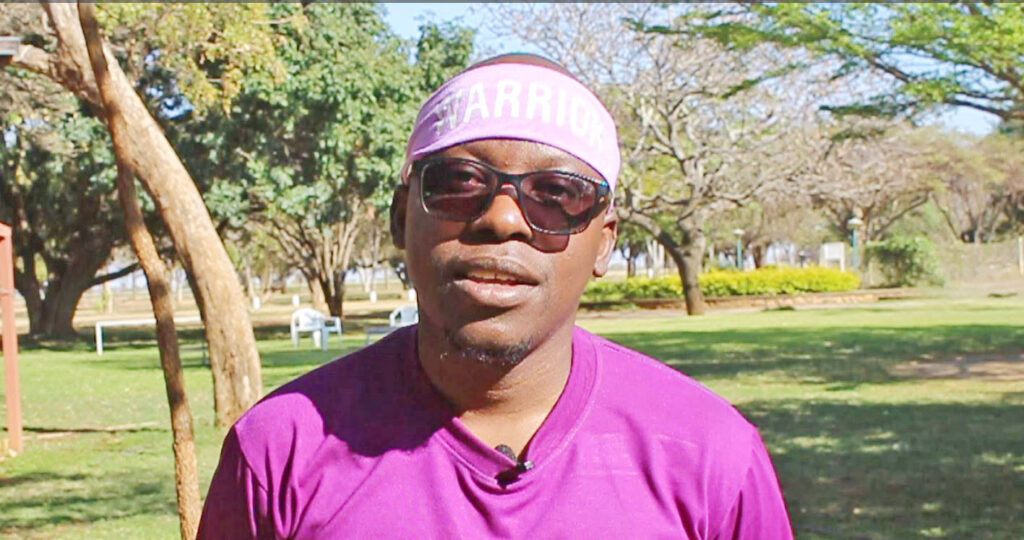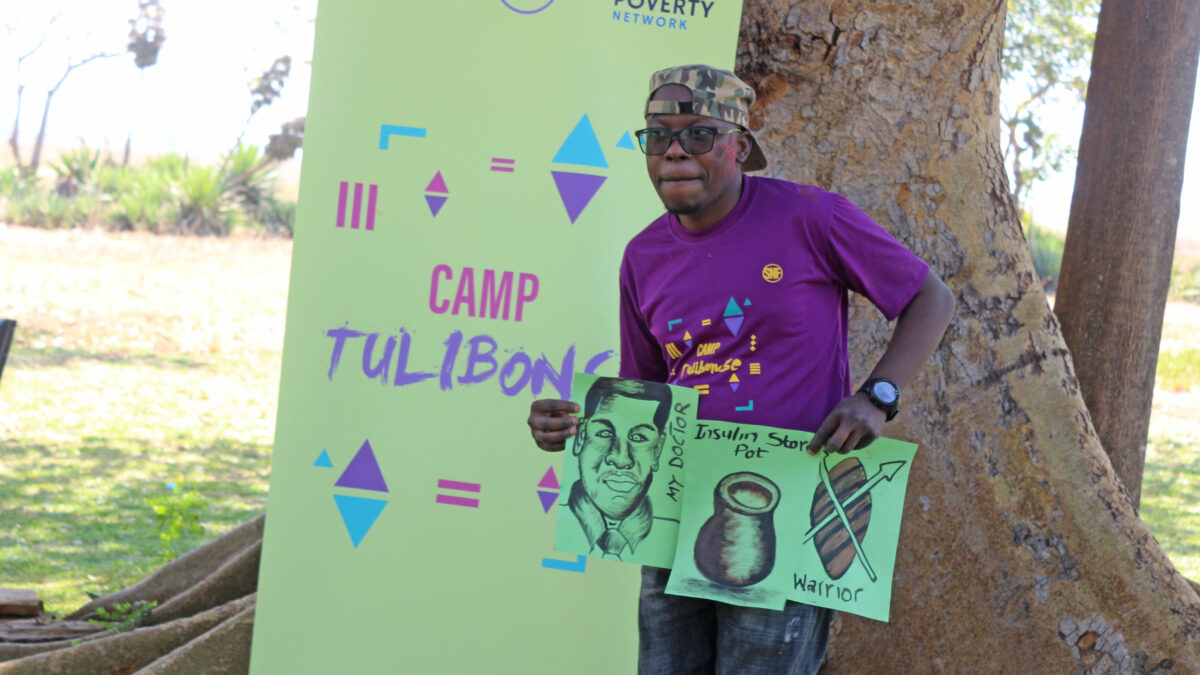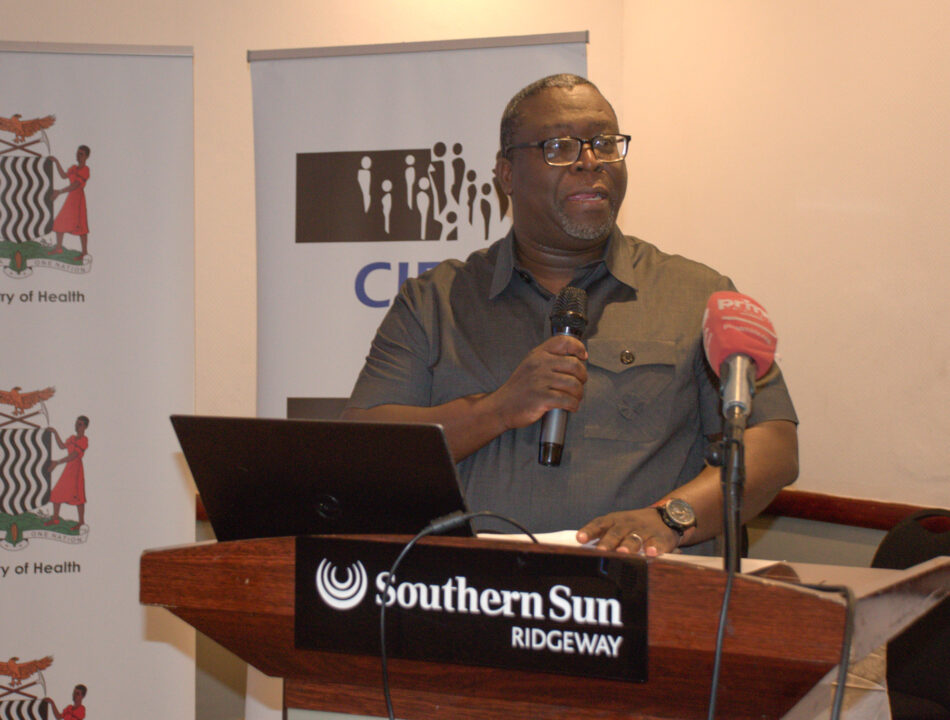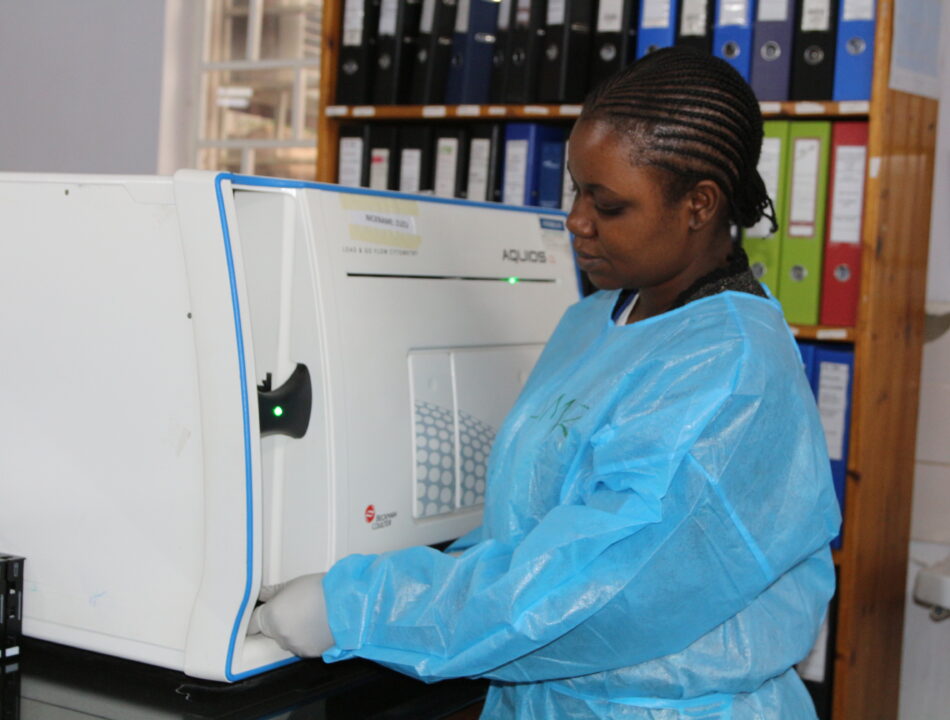- HOME
- ABOUT
- AREA OF FOCUS
- Research
- Enteric diseases & HIV vaccine Research unit
- HIV prevention, care & treatment
- Implementation Science
- Paediatric prevention care & treatment
- Vulnerable Children & Adolescent Health
- Tuberculosis
- Prison’s Health
- Social & Behavioral studies
- New Born & Women’s health
- Primary care and health systems strengthening
- Mental Health
- Hepatitis
- SUPPORT UNITS
- MEDIA
- TRAINING
- TOOLKITS
- Taskpen Toolkit
- Human Infection Studies (HIS)
- Menstrual Hygiene Management (MHM)
- Better Information for Health in Zambia Toolkit – 2017
- CommART Toolkit
- Operation Triple Zero Plus – HIV Literacy Package for Adolescents
- TASKPEN CLINICAL GUIDELINES :Protocols for the Integrated Management of Cardiometabolic conditions in Adult PLHIV
- JOBS
Kapiri Mposhi Teacher Overcomes Type 1 Diabetes Challenges with PEN-Plus Clinic

Women Encouraged to Get Involved in Men’s Health
September 3, 2024
MOH Prepares For A Nationwide Measles Rubella Supplementary Immunisation Activity
September 9, 2024Meet Martin Soko, a 30-year-old secondary school teacher from Kapiri Mposhi District. His life changed drastically on September 15, 2015, when he was diagnosed with Type 1 diabetes. Before his diagnosis, Martin had noticed troubling symptoms, which included unrelenting urges to eat and pass urine, which made his daily life increasingly difficult.
His condition became unbearable, especially during his long trips between Lusaka and Ndola when he became a university student.
“The real challenge came when I was travelling by bus from Ndola to Lusaka while still in university. This was my first encounter with stigma against people with diabetes. The bus conductors were unwilling to accommodate my frequent requests for bathroom break stops. This made travelling incredibly difficult and uncomfortable, as I needed to use restrooms frequently,” he said.
After his diagnosis, the difficulties continued. In his community, accessing consistent medication was a constant battle. Martin frequently found himself without Insulin injections and other necessary supplies required for managing type 1 diabetes, which he desperately needed.
“There was a period when my blood sugar levels were dangerously high, and I almost died because I could not get the medication I needed. The situation was dire, and I felt helpless in the face of these compounded challenges,” Martin said.
The turning point in Martin’s journey came when he was introduced to CIDRZ’s PEN-Plus project by a Kapiri Mposhi District Hospital medical staff this year (2024). PEN-Plus offered him not just a lifeline but a pathway to a new way of managing his diabetes. The PEN-Plus clinic provided Martin with reliable access to Insulin injections and glucometers to enable self-monitoring of blood sugar levels at home, which was a crucial step toward managing his condition.
In addition, he says PEN-Plus offered him invaluable advice on managing his condition, imparting him with crucial lessons about food intake, medical storage, and other insightful lessons.
Through this experience, Martin says although Type I diabetes patients face different struggles, they share one significant story: the story of conquering diabetes.
“Living with diabetes does not mean the end of life; it is just a different way to live, and what matters most is how you choose to live it”, Martin said.
